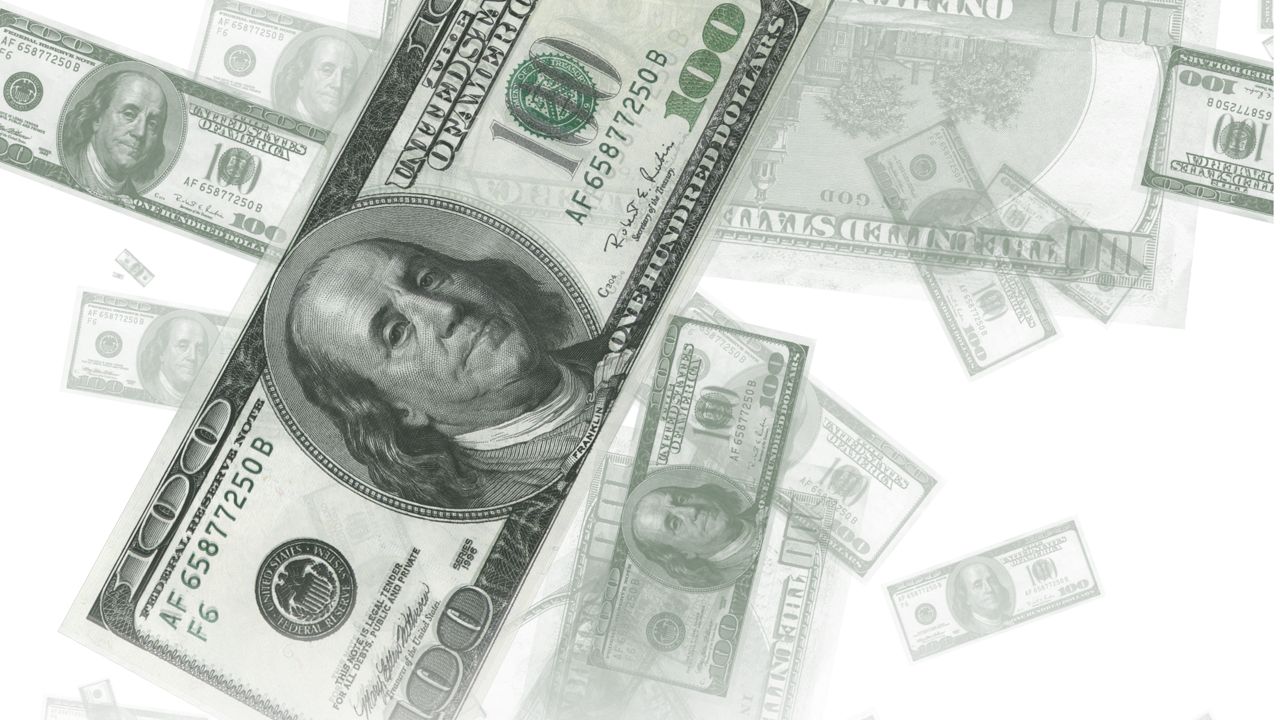New York is starting to experience a slowdown in money flowing into the state's coffers, a decline that comes just as temporary federal pandemic aid has largely dried up, and the newly approved $229 billion budget increased spending.
Fiscal watchdogs in recent days have raised concerns with a decline in the state's main driver for revenue, the personal income tax, dropping due in part to a decline in bonuses in the financial sector on Wall Street.
A slowdown in revenue comes as some economists have been bracing for a potential economic recession as soon as this year. Falling revenue could force state lawmakers and Gov. Kathy Hochul next year into decisions in which taxes would have to be increased or spending cut in order to fill a projected multi-billion dollar gap in the budget.
In especially dire economic times, tax increases and spending reductions have been employed, leading to political consequences.
State Comptroller Tom DiNapoli in a report released Wednesday note the state has set aside more money into its rainy day fund, now at $6.26 billion. The fund has seen a nearly $5 billion increase from a decade ago, and could be used to offset some of those difficult decisions created by a slowdown.
But at the same time, the drop in revenue could be a harbinger of trouble down the road.
“The Enacted State Budget funds critical services, including fully funding Foundation Aid for our schools, programs to help New Yorkers that are still struggling in our post-pandemic world and stabilizing the MTA after massive ridership declines,” DiNapoli said. “It also comes at a time when revenues appear to be softening, inflation persists, and the federal government has yet to reach a deal on the debt ceiling. The state has made progress in building up reserve funds, but policymakers need to carefully monitor the economy and work to put the state on a sustainable fiscal course.”
The report released by DiNapoli's office highlighted declining expecations for revenue from the personal income tax, which comprises the bulk of the state's overall revenue.
This week, DiNapoli reported a year-over-year decline from the April personal income tax. Collections reached $7.5 billion last month, nearly 50% below a year ago. This was also 39.1% lower than what budget officials for the Hochul administration expected.
Spending, meanwhile, has been on the rise. The budget increased state operating funds by 3% over the last year and a 24.5% increase since the 2019-20 fiscal year.
More money has been committed to direct aid for schools, and education aid overall has reached historic levels. Spending for health care, too, has increased.
But DiNapoli's report also warns "that much of the increased spending is recurring and may present a growing fiscal challenge to the state, particularly as temporary federal aid wanes and if a more pronounced or extended economic downturn occurs."
Personal income tax revenue can fluctuate, noted Ken Girardin of the Empire Center this week. But the gyrations in taxes, coupled with an increase in spending, could be a rough recipe.
"This uncertainty around the state’s revenue picture should have given officials pause when they adopted the state budget earlier this month," he wrote.


